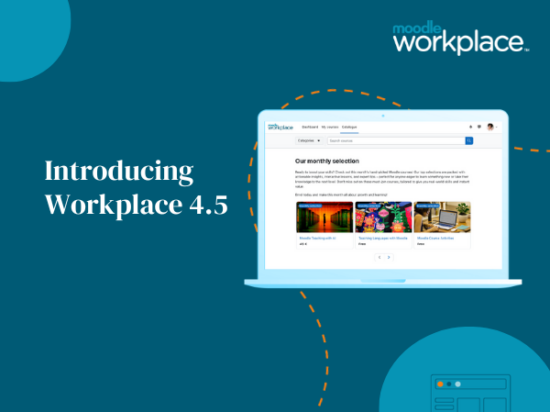Mobile learning allows your organisation to delivery training just in time and on the go. Mobile learning has many advantages; it enables learners to benefit from e-learning away from the office.
Some terminology:
Mobile web refers to websites created for viewing on your mobile device; for example, think of Foxtel’s initiative for you to access favourite shows via your iPhone. Many organisations are creating mobile websites for users who are increasingly turning to their hand-held devices to access and connect with news programs, retailers.
A native app is based on the proprietary programming language of the native operating system (Apple, Android, Blackberry or Windows). Users download and install native apps from an app store such as iTunes, Google Play and run them from their device.
Which platform you choose depends on your objective. You may wish to deliver segments of on boarding training or release chunks of just in time learning. Going mobile will help connect learners with knowledge to help them become proficient in doing their job.
If you do decide to adopt mobile learning, begin by considering the following:
- Make learners the starting point – what do you want them to learn?
- Involve stakeholders and ensure their buy-in, consider whether they can pilot your mobile learning
- Ensure you have a marketing strategy to make sure users know it’s out there, even if mobile learning is not mandatory
- Potential data costs may be incurred when downloading material on devices, make sure you inform users
- Consider what your LMS can do, i.e does it have the ability to deploy mobile web apps?
- How will you develop the code? Will you buy an authoring tool or deploy a development team to author code HTML5 to create it?
Mobile learning has many advantages; before you proceed to implement any kind of strategy understand what you are trying to achieve and ensure that you have the support of key stakeholders.







